
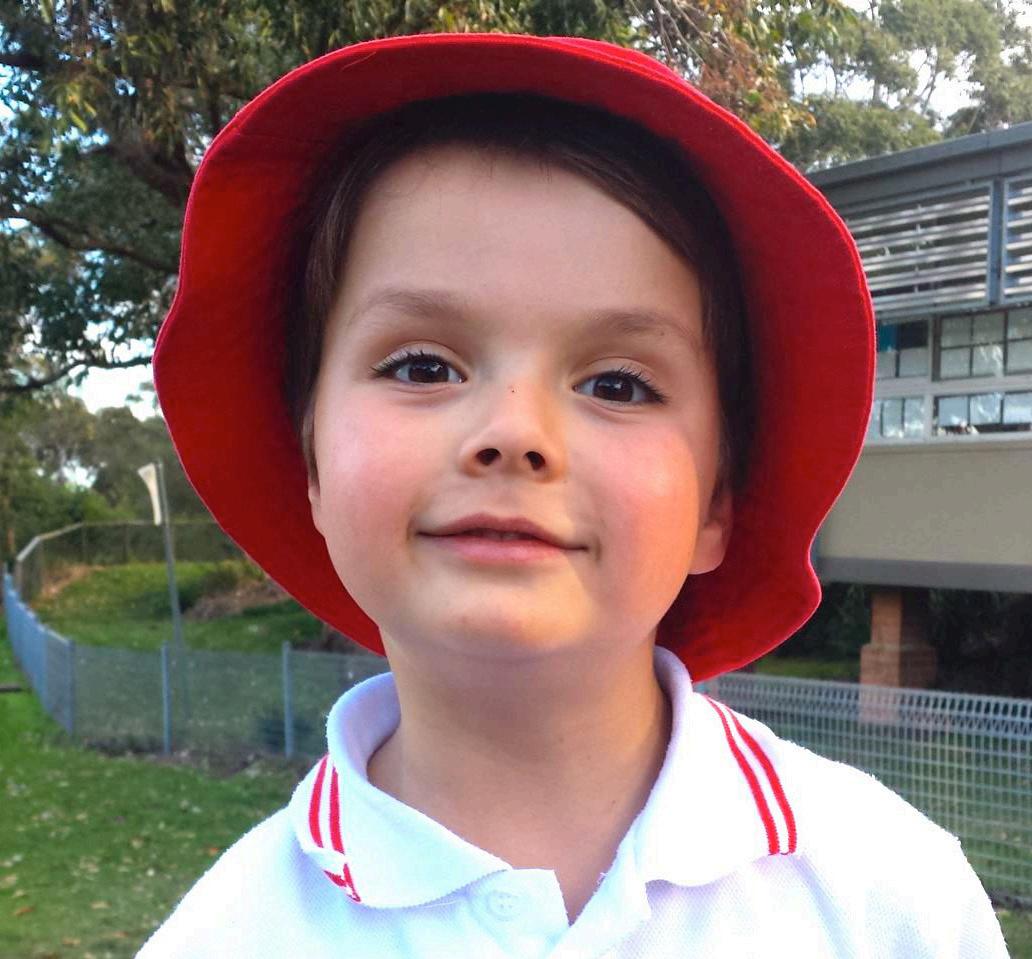



Dear friends and supporters, Welcome to our first spring newsletter, designed for all the wonderful individuals and organisations helping us deliver ethics classes to children across NSW and beyond.
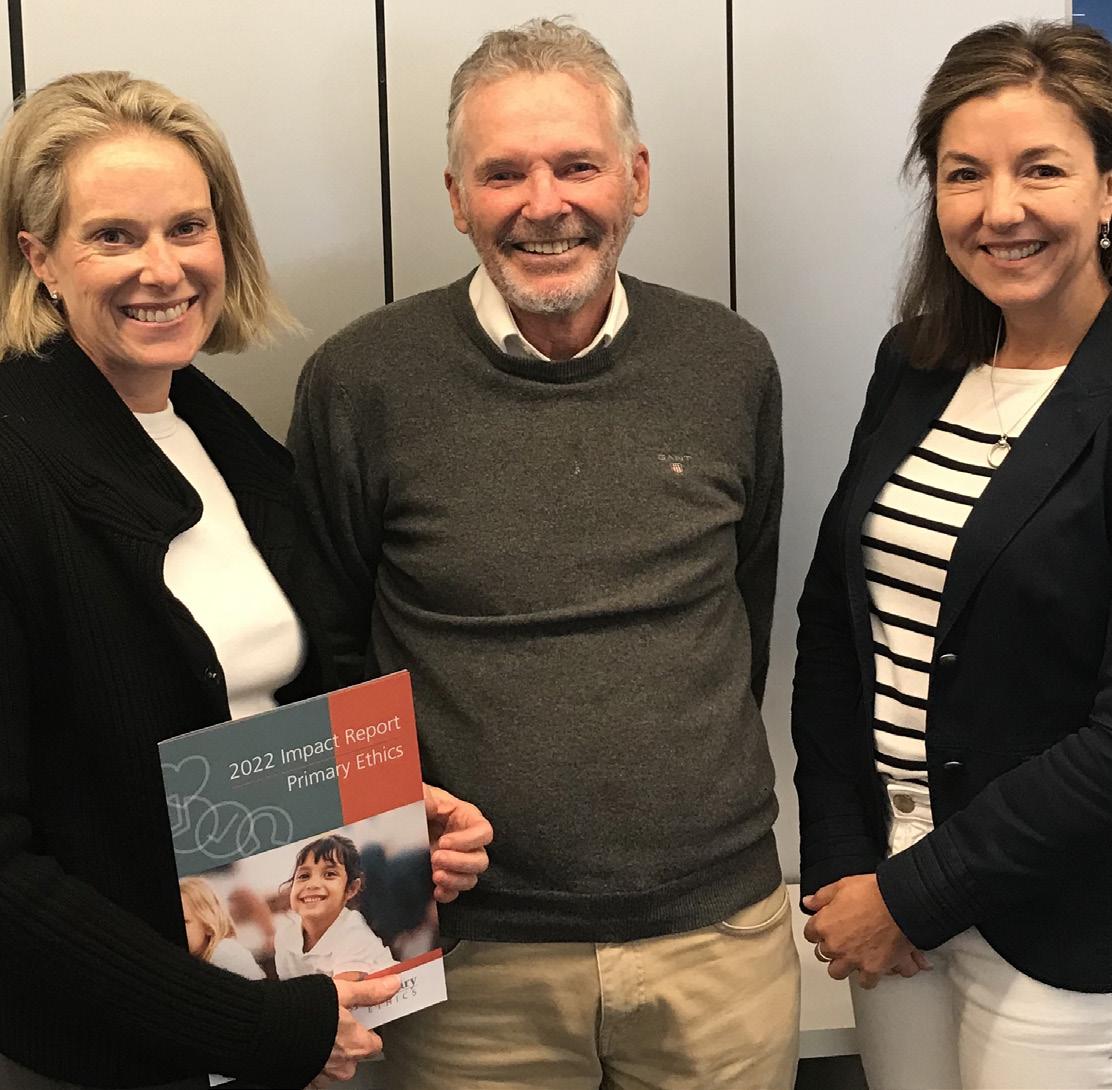
Thank you for helping us achieve a great fundraising result to end our financial year in June. We’re really grateful to report that with your contributions, we went above and beyond our target.
Primary Ethics classes provide a safe space for children to navigate issues — ranging from lying to homelessness — by developing skills in critical thinking, ethical reasoning and respectful discussion. Your support is helping us deliver on this mission, and Inquiring Minds shares some of our recent activity.
Inside you can read about our new board members who we are thrilled to welcome aboard. Also hear from two of our long-term serving volunteers, Rose-Anne Manns and Jo Gardner.
The success of Primary Ethics wouldn’t be possible without your passion and commitment. Simply, we could not do it without you.
Thank you,
Evan Hannah Chief Executive OfficerPrimary Ethics recognises the traditional owners and custodians of the lands on which we work. We pay our respects to Aboriginal elders past, present and emerging and celebrate their ongoing connections to the lands and waters of Australia.
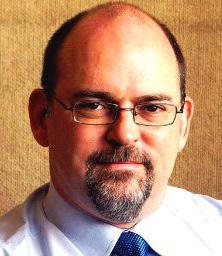
The board of Primary Ethics was recently delighted to welcome two new members – Nicola Kaldor and Matina Moffitt. Both join with a wealth of experience.
Nicola is an experienced director of both NGO and private companies, including as a current National Justice Project Advisory Board director, Talent Beyond Boundaries Advisory Board director and Australian Ballet Foundation Board director. She works as an advocate for refugees across the private school sector. Nicola also works with private schools to develop policies, procedures and programs that are embedded into their curriculum to develop deeper understanding and connection with refugee communities.
For the last 35 years, Matina has specialised in audit and accounting for wealth asset managers, wealth management, funds management, superannuation, retail and investment banking and non-for-profits. She has also been the auditor for Primary Ethics. Matina is a Fellow of Chartered Accountants Australia and New Zealand.

Primary Ethics is very grateful to have these two outstanding women onboard.
Primary Ethics is a Registered Charity with the Australian Charities and Not-for-profits Commission (ACNC), the national regulator of charities.
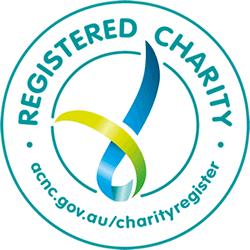

Late last year we set about conducting a review of our program in action in schools.
We sent a team of trainers and classroom support officers to observe 81 ethics lessons in 76 different schools. With this review, we asked:
• are the skills and techniques taught in our teacher training being successfully put into practice?
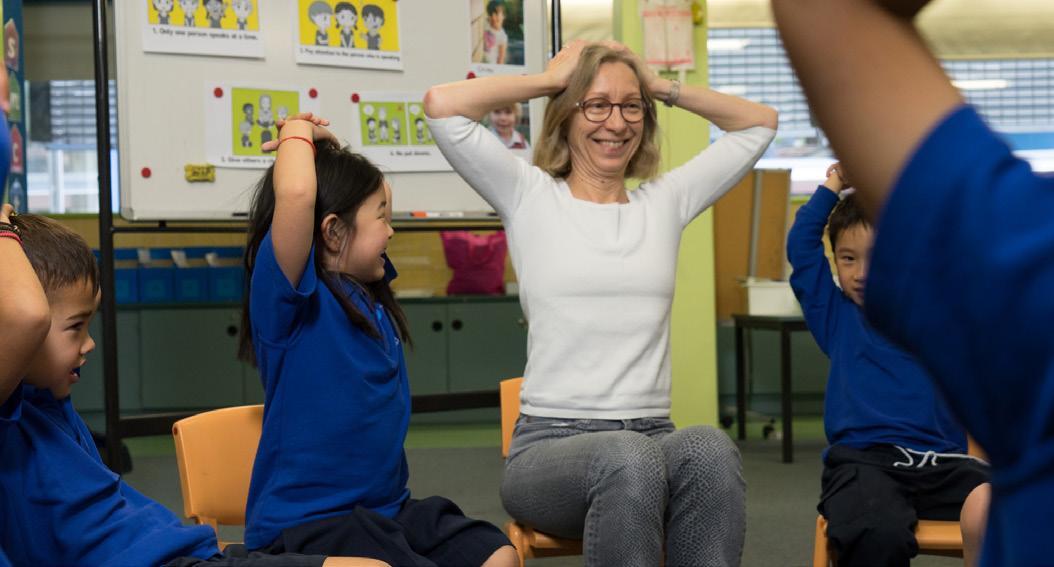
• are the approaches volunteers have been taught working well for them?
• do we need to make changes to our training program?
• what is the overall quality of the ethics lessons observed?
Our observers looked in detail at:
• how well are teachers sticking to the script?
• how engaged are students?
• are students being disruptive?
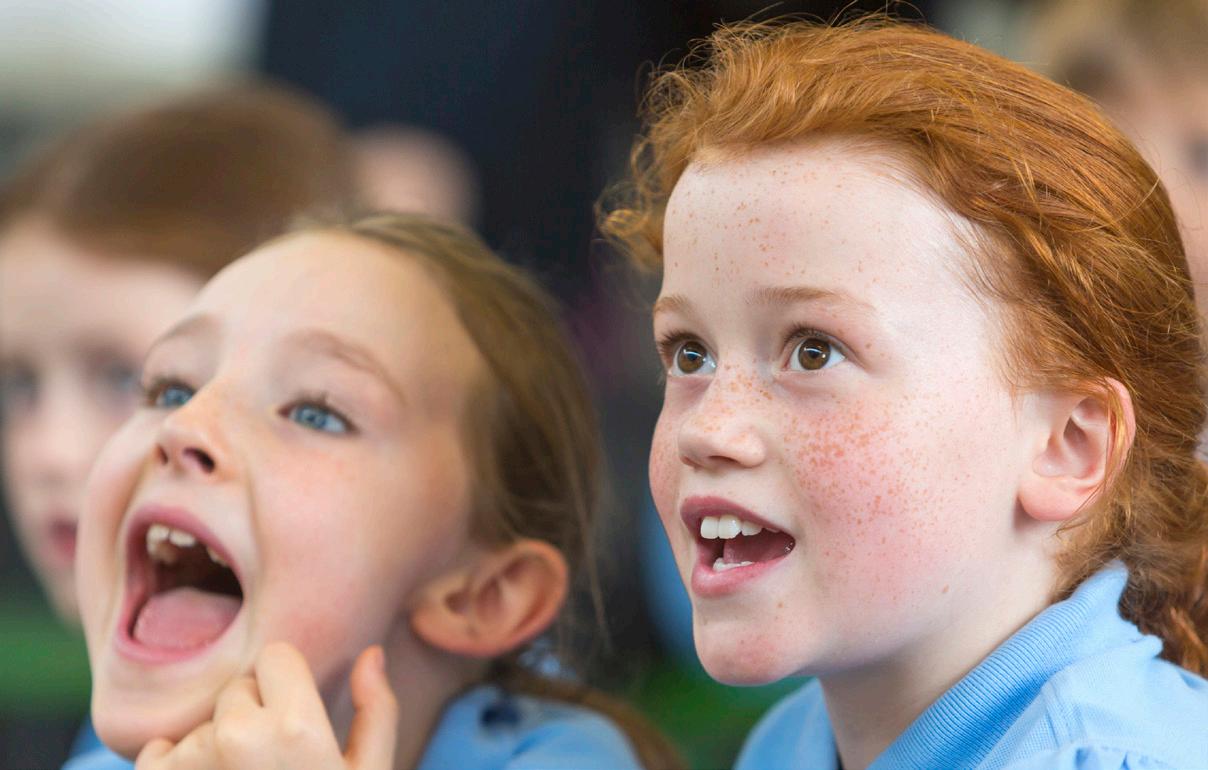
• how well is the community of inquiry functioning? [with a detailed description of a quality community of inquiry]
We were very happy to find that our ethics education program is in very good health and largely living up to our ideals!
In particular:
• student engagement was seen to be very high
• our foundational teacher skills in action correlate with a very good quality community of inquiry [as described on page 2 of the report]
• more than half of lessons observed were rated good or higher on all four investigative questions. There are, of course, improvements and adjustments to be made, some of which are already underway. We have been implementing changes already this year and continue to provide expert educational and philosophical support and resources to our 2600 volunteers across the state.
A huge thank you to the 81 teachers who were selected to have their lessons observed and to everyone else who participated in the review!
Scan here to read the detailed report on what our observers found in the classroom
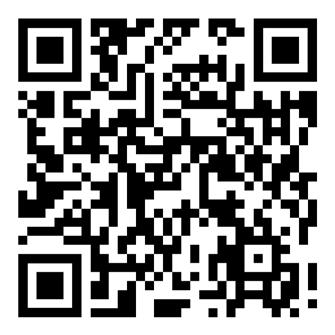
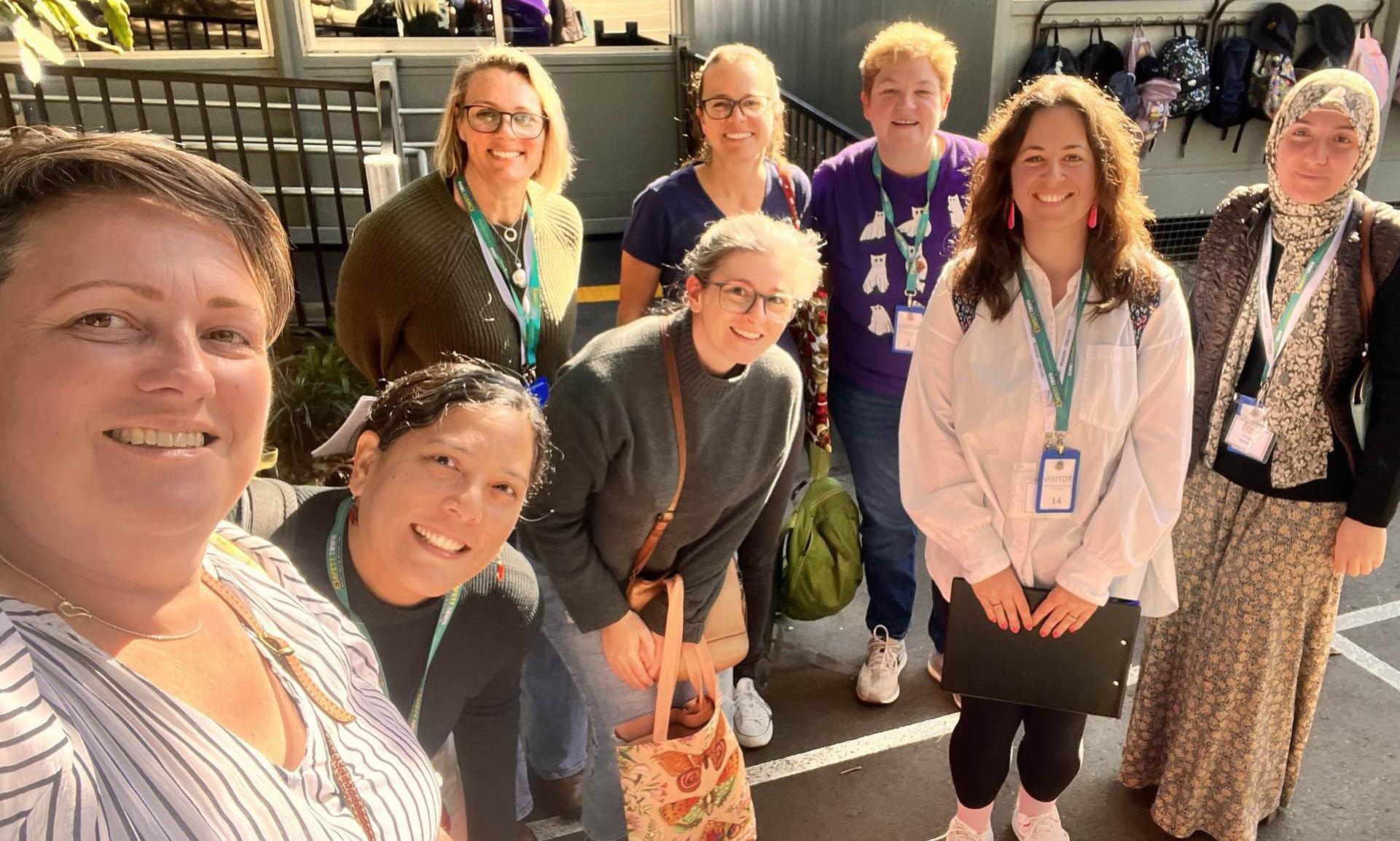
Your generous donation means our volunteer ethics program continues to thrive. So far this year we have run 54 new teacher training sessions (10 face to face and 44 online) and trained more than 540 new teachers – often parents whose children have just started school. This training provides our volunteers with the tools to facilitate respectful and productive discussion of our expertly written lesson materials. We have also run three high school teacher training sessions and three workshops to skill-up our volunteer ethics coordinators. We are soon delivering a range of workshops for our seasoned teachers to provide valuable ongoing training to further refine their facilitation and proactive classroom management skills.
This year we have collected 4446 pieces of feedback on the curriculum from teachers and other stakeholders and are pleased to note that this feedback has been overwhelmingly positive.
Based on this valuable input, we have proactively updated 41 lesson topics, including five major rewrites, to further improve our curriculum.
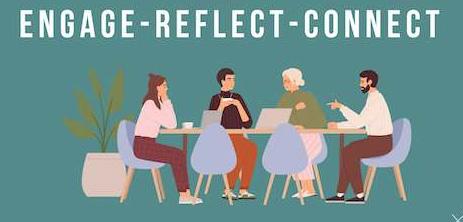
Our high school program has continued to grow slowly and steadily. Ethics classes are now a popular option for Year 7 and 8 students at Lindfield Learning Village and Year 7 students at Concord High School. The training team has modified our high school teacher training so that it can be delivered online and already we’ve been able to include more participants from regional areas. We are excited to already be preparing to start ethics classes in 2024 in four more high schools in the state, from areas such as the Blue Mountains and Wollongong.
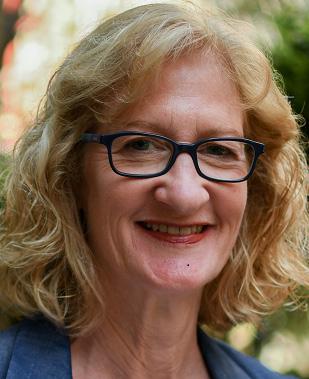
‘Should we always apologise for hurting someone accidentally?’ I ask my Year 7 students at Lindfield Learning Village.

‘Yes’, says one boy. ‘Saying sorry will make them feel better – it’s kind. It’s a good life skill.’
‘Well, it depends’, says his classmate. ‘If it was just some random dude I hurt, then sure. But my mates and I never apologise to each other – we just laugh it off.’
‘But some of your friends might hold a grudge if you never say sorry’, a girl responds. ‘What if everyone did that? We’d all end up killing each other.’
I sit back and say nothing for a full minute or so. There is no need to anchor – they are all answering the question. There is no need to ask for reasons – they’re providing them. There is no need to open to others – they are taking turns engaging with each other, sometimes building on a classmate’s idea, sometimes explaining why they disagree.
It’s not that I’m a passive facilitator. I always have my trusty facilitation skills flowchart on hand, checking that the group is raising a variety of views and that individuals are considering those different views. I throw in plenty of encouraging feedback when someone responds directly to what a peer is saying. I praise anyone who comes up with examples and counterexamples to make their points.
Although I facilitate the discussion with a relatively light touch, I nevertheless keep a tight rein on classroom management. Adolescence is a time when some young people feel emboldened about challenging authority figures, ethics teachers included. I have to remind a couple of them that the ‘no putdowns’ guideline applies to their teacher too, when I catch them rolling their eyes at me or mimicking me disrespectfully. Others need repeated assertive directions about not rocking back on chairs or keeping their hands to themselves.
They soon settle down and engage enthusiastically with the content, which creates another challenge for me. Because they are so eager to express their ideas, the conversation can feel somewhat freewheeling, even when we’re on script. For example, there were peals of laughter when, earlier in the year, they presented sometimes provocative beliefs on how old people should be before they’re allowed to vote, leave school, drive a car, buy alcohol (Topic 1: You’re not the boss of me). Weeks later, they had an extremely energetic debate over how far lockdowns should go during a crisis (Topic 2: Life under Covid-19).
Because the conversation was so animated, I wondered whether I was losing control, so I put out a call to the Primary Ethics classroom support team to ask whether I should intervene to create a more serious vibe. A helpful chat reassured me that if the class is on topic and behaving well, then I should just relax and enjoy it as much as the students clearly are.
And so I do. Happily.
Jo Gardner began volunteering as an ethics teacher at local schools on the Central Coast six years ago. She was motivated by a sense of wanting to give back and having a connection with the young generation. Jo says she has found “joy, amusement and all the intangible benefits of volunteering” along the way.
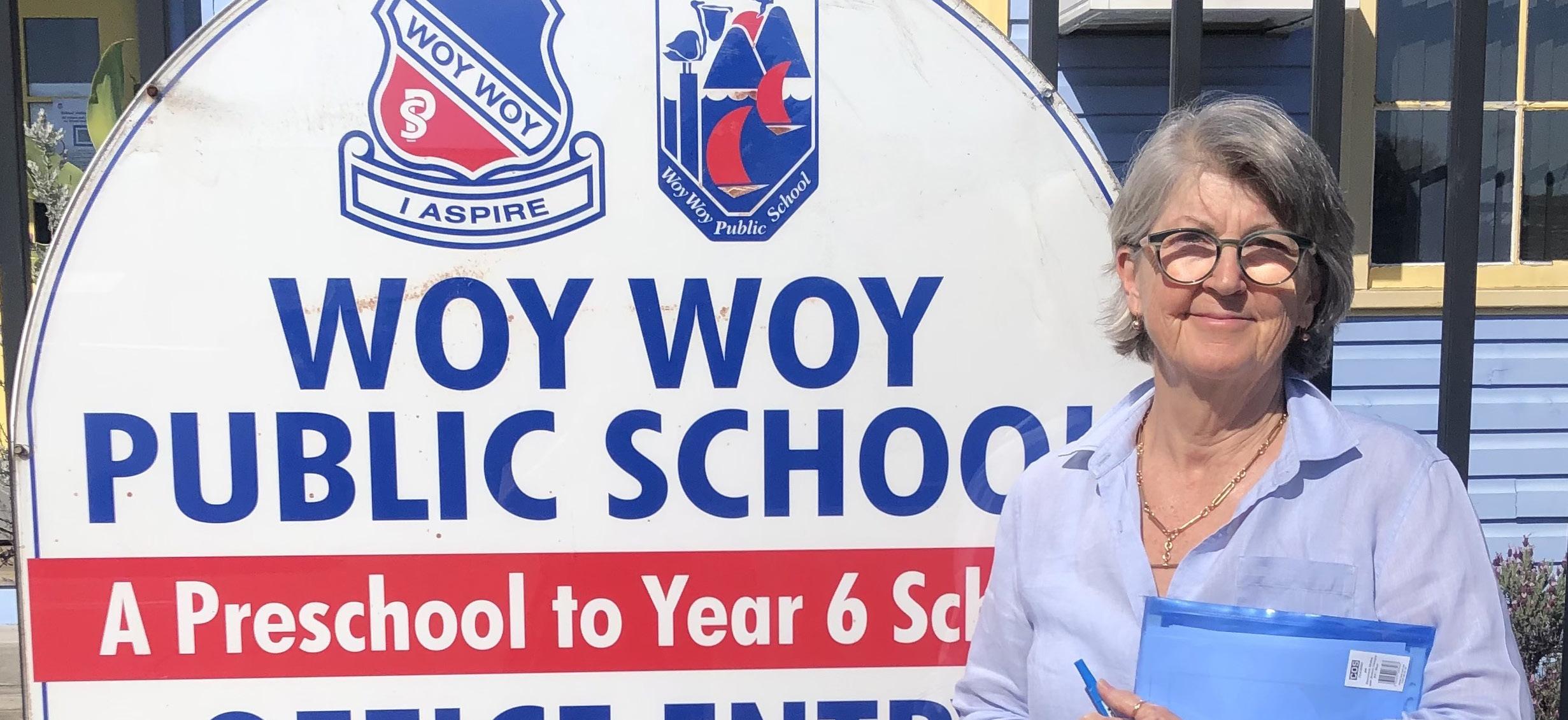
“Initially I saw an article about ethics classes in the local newspaper”, Jo said. “I’ve always had an interest in ethics. The free training workshop with Primary Ethics was a wonderful experience and I’ve now learnt so much for myself about ethics and philosophy. I believe that critical thinking is an important skill for us all and being able to, in some small way, help kids develop these skills is a privilege.”
“The best part of being an ethics teacher is the children. I am exposed to their wonder in life. I like seeing the kids thinking and then coming up with ideas… Their talkative natures with great explaining of their thoughts, sometimes a bit convoluted but always considered and revealing their willingness to think about ethical issues.

“Watching them have ‘aha’ moments and learning how to build on other children’s point of view. Also their willingness to disagree.”
Jo’s grandson has been in her ethics classes for the past two years. “I have been rewarded seeing him mature into a thinking, empathetic young boy. We’ve been able to discuss things in the lessons that would not normally come up in conversations between a grandparent and child.”
Jo says she would encourage anyone with a spare hour or two in their week to volunteer as an ethics teacher. No previous teaching experience is needed. Like Jo, you will get a lot out of it, as well as contributing to the richness of your students’ lives.
“Last week I was speaking with a young person about their decision-making toolkit and what tools they might use to assess an idea versus a fact. Whether it’s possible to change an idea and what tools there are to change a fact. Having listed their tools, the young person said ‘So, basically, what I do in ethics class’. This young person has attended ethics for five years so far and demonstrated the impact you have each week on their reasoning and critical thinking skills. They are learning, remembering and growing from your lessons.”
Volunteer teacher Jean-Paul
Our valuable work supporting children to think, reason and discuss respectfully is possible because of many generous supporters.
This includes businesses and organisations who allow their staff to volunteer as ethics teachers during the working day. Thank you to the many organisations who do this. Here is some of the feedback we get from volunteers who benefit from these employer-support programs (and of course, most importantly, so too do the children in their ethics classes).
On finishing up as a volunteer after four years, Kelly Wood asked us to thank her employer, the Duke of Edinburgh’s International Award – Australia, for their flexibility and in kind support. We were then very moved to receive a letter in reply from her CEO Peter Kaye, AM ESM, who wrote: I was delighted to read how valued Kelly’s contribution has been to the students. We are a small team and work hard at practising the level of flexibility and support that enables all team members to engage with their local community or support social causes or endeavours.
Your letter highlights that this may not be as a common occurrence amongst employers as we would like it to be. As an SES Unit Commander (Vol), I also take the time to
write and acknowledge employers hoping it will make a difference. Your letter however is the first that I have received as an employer.
Thank you for taking the time to send this and I will share this with the team as they are all part of providing the required supportive culture.
Congratulations on the work you are doing in adding this important dimension to children’s development and education. We are in concert on the importance of this and in many ways pick up on your foundational work in providing young high school students with the Duke of Ed Framework to manage, accredit and showcase their non-formal education and the qualities they have developed around that.
Kind regards, Peter
If your business is interested in supporting your employees to volunteer, scan the QR code on p6.
If your business is interested in supporting our work financially, please reach out to Georgie McGrillen, our fundraising manager: georgie.mcgrillen@primaryethics.com.au
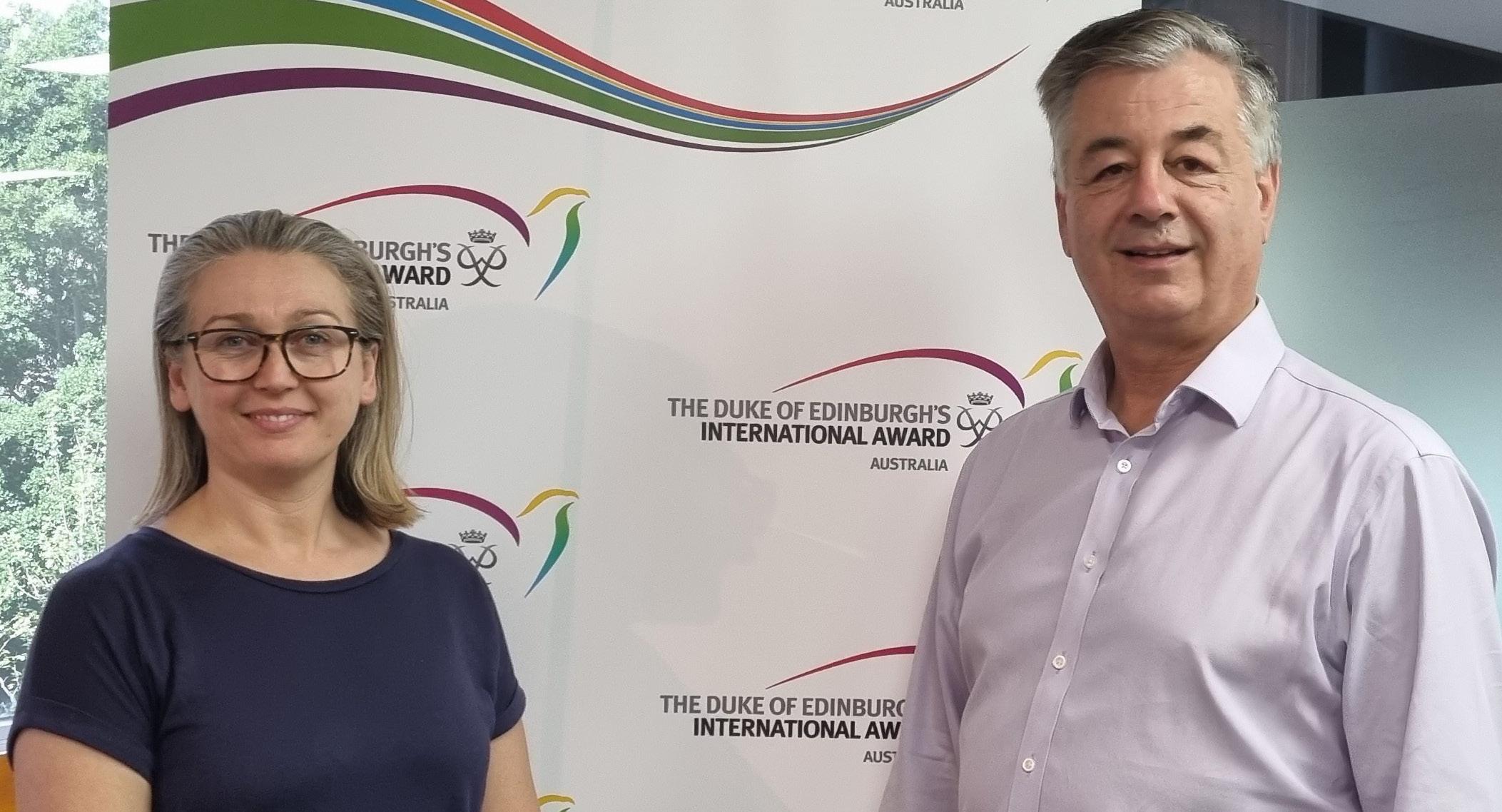

By remembering Primary Ethics in your will, you would be making a valuable commitment to support ethics education for children into the future. A bequest is one of the most enduring ways you can help Primary Ethics in our work. Your promise of future support is deeply appreciated.

For more information about leaving a bequest in your will, contact our Engagement Manager
Elizabeth Allen
T: (02) 8068 7752
E: elizabeth.allen@primaryethics.com.au
We will always respect your privacy and any information you provide to us will be treated in the strictest confidence.
We really appreciate your support to allow our vital program to continue. We rely entirely on donations as we are an independent not-for-profit charity. A huge thank you to everyone who supports our work.
Facebook: www.facebook.com/primaryethics
Insta: @primaryethics
LinkedIn: www.linkedin.com/company/2530028/admin/feed/posts/
W: primaryethics.com.au
E: helpdesk@primaryethics.com.au
SCAN TO DONATE
P: (02) 8068 7752
Suite 303, 24-30 Springfield Ave, Potts Point, NSW 2011
THINK REASON DISCUSS